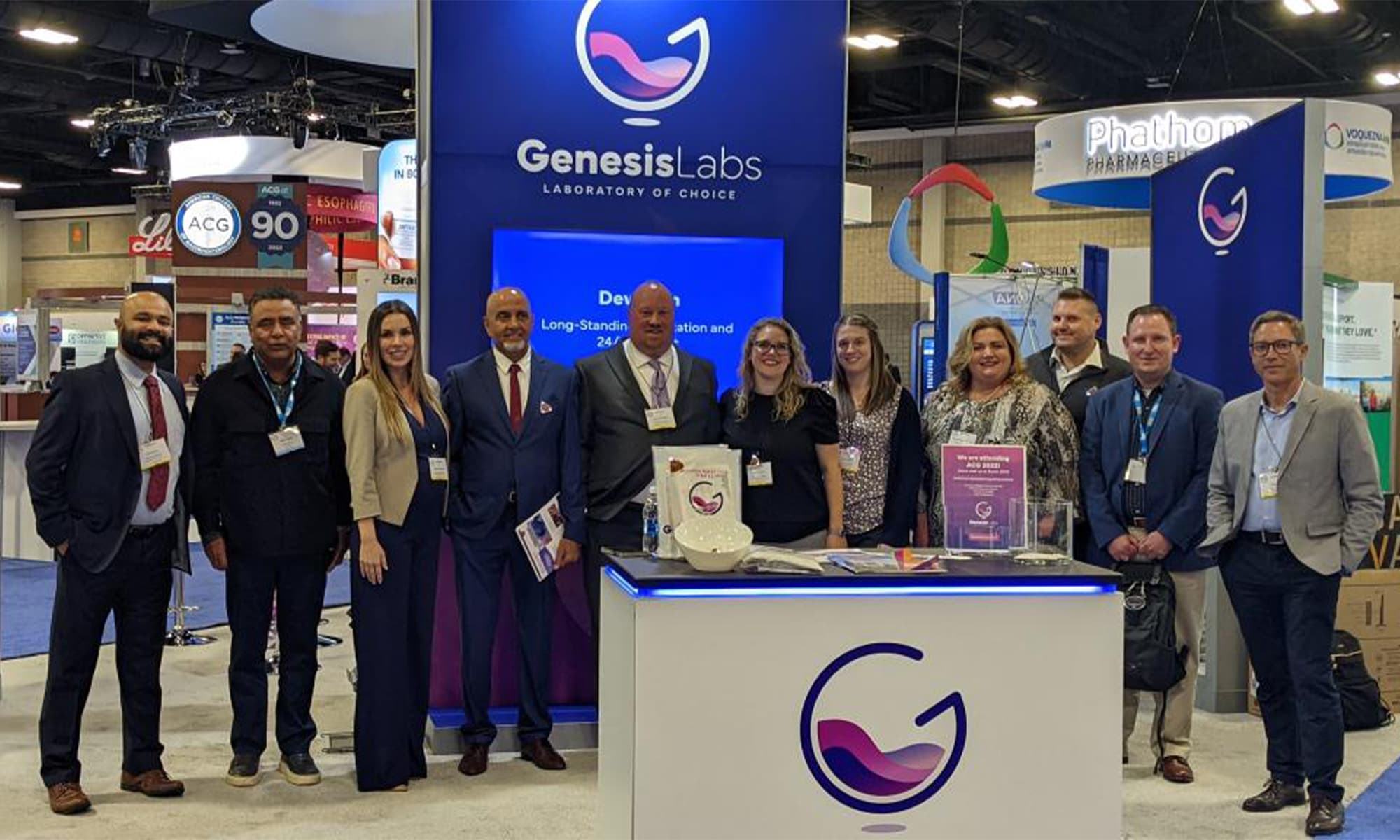
Laboratory of Choice
Children are not things to be molded but are people to be unfolded.
Science-first leaders whose compassion for healthcare providers and patients is incomparable.
Curabitur arcu erat, accumsan id imperdiet et, porttitor at sem. Nulla porttitor accumsan tincidunt.
Comprehensive Gastro-Intestinal Solutions
Comprehensive Gastro-Intestinal Solutions
Comprehensive Gastro-Intestinal Solutions
Genesis Expanded Diarrhea Pathogen Panel
26 Pathogens with Genotypic Antibiotic Resistance
This is an integrated multiplex PCR-based test for the simultaneous detection of 26 of the most commonly diagnosed diarrhea pathogens in humans (14 bacterial species, including toxigenic C. difficile A/B, 9 viruses, and 3 parasites). This panel test is performed using the Applied Biosystems® OpenArray™ technology, which is ≥99% in both sensitivity and specificity for the above pathogen grouping.
This DPP panel has been shown to have a much higher (at least 4.4-fold) detection rate than conventional methods and has also been shown to improve clinical management, reduce or eliminate hospital stays, and lower healthcare costs significantly1. The turnaround time (TAT) for this test is 24 hours after the sample is received in our lab, and our staff reports the positive results to the referring practices immediately after completion. The samples are usually sent overnight via Federal Express by the patients in the provided pre-paid envelope, and hence the results are known in most instances within 24 hours to the physician and the patient. For the complete list of pathogens and genotypic antibiotic resistance markers tested, click here.
The broader impact of the Genesis Expanded Diarrhea Pathogen Panel (26 Pathogens with Genotypic Antibiotic Resistance)
Epidemiology and Public Health
- Diagnostic culture-independent methods in lieu of evaluation using stool culture should be used in situations where the individual patient is at high risk of spreading disease to others, and during known or suspected outbreaks.
- Culture-independent methods for stool diagnostics should be used in cases of dysentery, moderate–severe disease, and symptoms lasting >7 days to clarify the etiology of the patient’s illness and enable specific directed therapy.
- Traditional methods of diagnosis (bacterial culture, microscopy with and without special stains and immunofluorescence, and antigen testing) fail to reveal the etiology of the majority of cases of acute diarrheal infection. Culture-independent methods of diagnosis should be recommended in lieu of or as an adjunct to traditional methods.
Antimicrobial Therapy
- Antibiotics prevent millions of deaths each year and remain the primary treatment for potentially fatal bacterial infections. Yet inappropriate prescription rates and overuse have led to antibiotic resistance that has created a global health emergency and kills at least 700,000 people a year. If no action is taken, it is predicted to increase to 10 million deaths per year by 2050.2
- It has been estimated that by 2050, 10 million worldwide deaths could result from antibiotic resistance, making it deadlier than cancer.3
Keep up-to-date with Genesis Labs.
46th Annual New York Course Conference
sean@rizco.com2022-12-02T15:58:47+00:00December 2, 2022|
Florida Digestive Diseases Update 2022
sean@rizco.com2022-12-02T16:49:20+00:00December 2, 2022|
Post ACG Conference
genesislabs222022-11-18T14:40:41+00:00November 17, 2022|
References
- Clinton, L. K., Enomoto, T., Ying, C., Kim, W., & Bankowski, M. J. (2014). Test Performance of the FilmArray Gastrointestinal Panel (BioFire) From a Clinical Trial Study in Hawaii[Pamphlet]. Boston, MA: Mbankowski@dlslab.com.
- New report calls for urgent action to avert antimicrobial resistance crisis [Internet]. World Health Organization. World Health Organization; 2019 [cited 2021Mar30]. Available here.
- Review on antimicrobial resistance. Tackling drug-resistant infections globally: Final report and recommendations [Internet]. London (UK). 2006 May. [cited 2020 Dec 11]. Available here.
- Karzai W, Oberhoffer M, Meier-Hellmann A, Reinhart K. Procalcitonin—a new indicator of the systemic response to severe infections. Infection. 1997 Nov 1;25(6):329-34.


